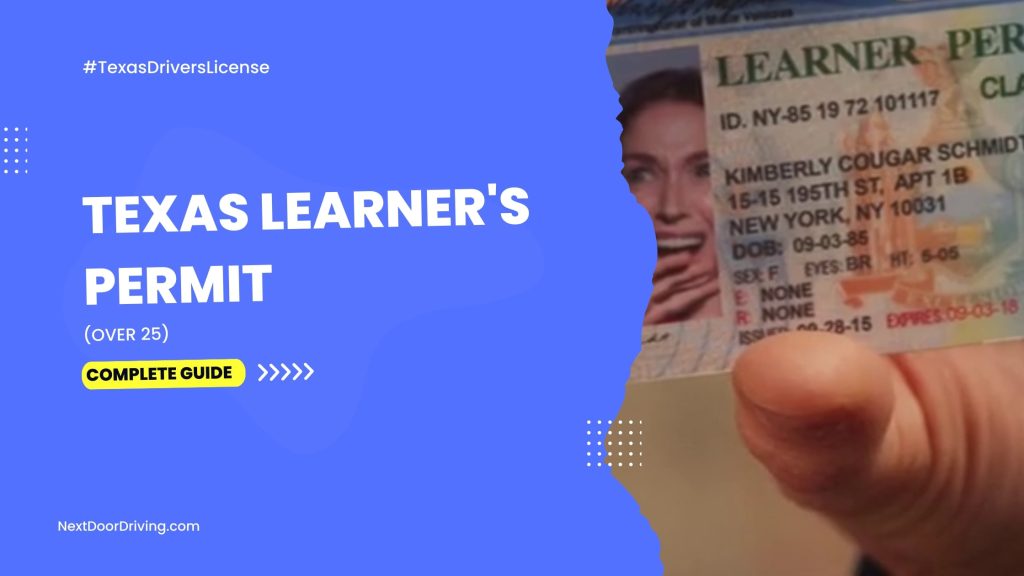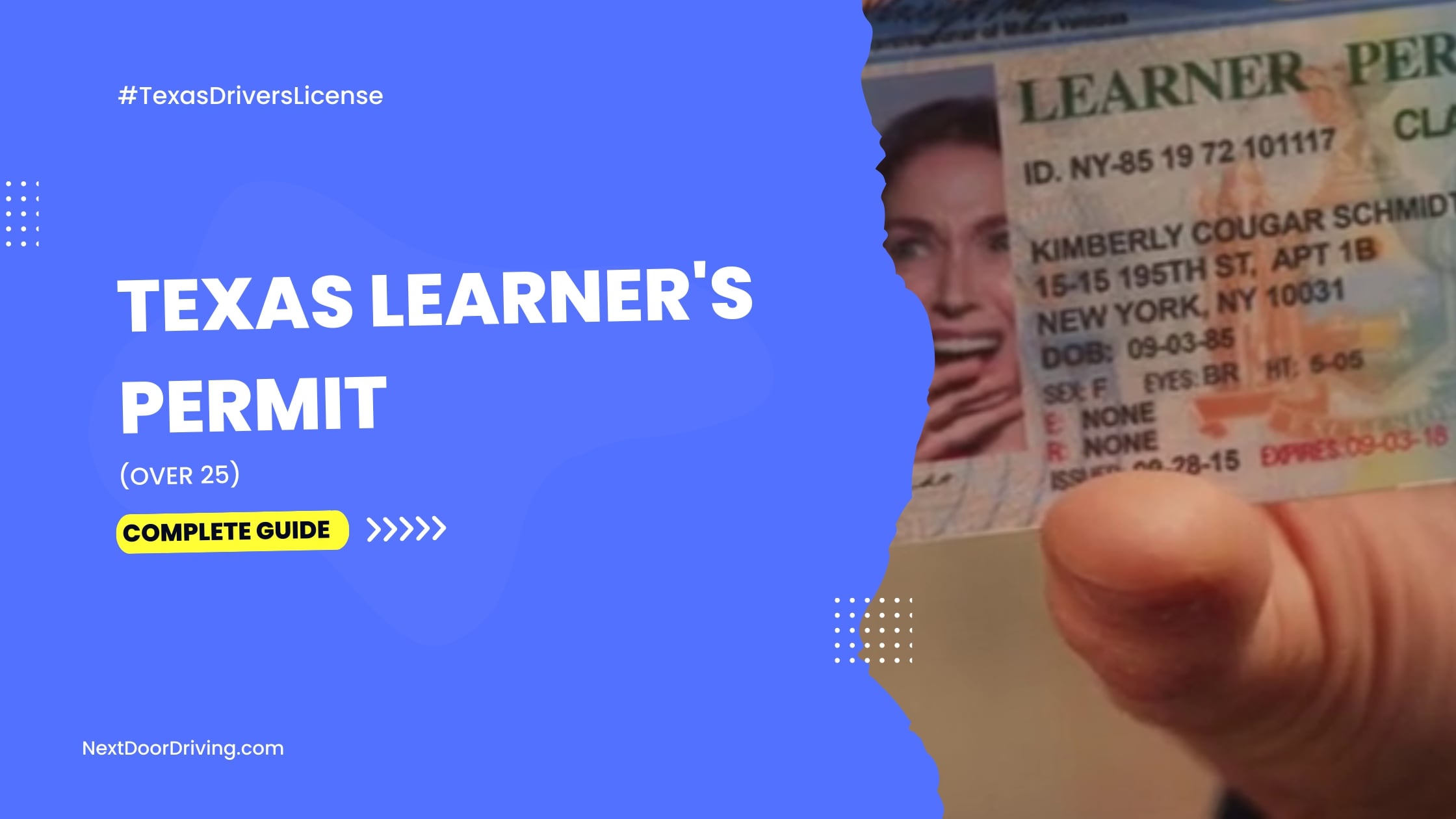
Over 25,000 Artists Protest “Unlicensed Use of Creative Works” for AI Training

### Petition Against AI Training on Unlicensed Creative Works Gains Momentum as Artists Advocate for Copyright Protections
Over 25,000 artists, writers, musicians, and other cultural workers are raising their voices in an online petition with a clear and powerful message: “The unlicensed use of creative works for training generative AI is a major, unjust threat to the livelihoods of the people behind those works, and must not be permitted.” This concise declaration, initiated by music composer and former Stability AI executive Ed Newton-Rex, has quickly captured the attention of global artists, creators, and academics.
### The Roots of the Petition
The petition, which has garnered signatures from a wide range of prominent figures in the art and entertainment industries, including Radiohead’s Thom Yorke, actor Kevin Bacon, and ABBA’s Björn Ulvaeus, is a direct response to the increasing concerns over how AI systems are trained. These models often learn by ingesting vast datasets of art, music, written works, and other creative media without permission or compensation to their original creators.
Ed Newton-Rex, who resigned from Stability AI due to ethical disagreements with the company’s usage of copyrighted materials under the “fair use” provision, initiated this statement to stand in solidarity with fellow artists. He first published the petition on X (formerly Twitter) on October 22, 2024, accruing 10,000 signatures in just a few days.
### A Threat to Creative Livelihoods
Artists, including prominent figures such as Cecilia Vicuña, Lynn Goldsmith, and Joanne Greenbaum, were early signatories. These creators are advocating to protect their body of work from being incorporated into AI training datasets without their consent. Many see this as a form of intellectual theft, where their lifelong artistic accomplishments are appropriated for profit by AI companies.
One artist, Tim Flach, President of the Association of Photographers in the UK, noted how personally impactful this unethical practice has been. Known for his distinct style in wildlife photography, Flach has been a victim of AI impersonation, where models generated work that mimicked his unique creative approach. He is currently a part of a class-action lawsuit against several tech companies over unauthorized use of his work.
Flach told *Hyperallergic*, “The uninvited exploitation brought about by training AI models on copyrighted works represents an economic loss for artists, undermining our livelihoods and threatening our existence. We urgently need policymakers to support our concerns, and tech companies, undertaking this vast commercial exploitation, to seek permission and pay compensation.”
### Legal Battles and Copyright Concerns
The legal landscape surrounding the use of copyrighted works in AI training is still evolving. Earlier this year, a California judge made a key ruling that continued a class-action lawsuit against companies like Stability AI, Midjourney, and Deviant AI. Lawyers representing the creatives argue that AI companies should not be allowed to exploit the work of artists without permission.
Copyright advocates have long warned of the dangers of allowing AI-generated works to sidestep copyright law. As the technology advances, AI-trained models can easily replicate the work of artists, photographers, or musicians creating a competitive challenge to human creators, further jeopardizing their economic and societal roles.
While there are ongoing legal debates about whether AI-generated artworks can receive copyright protections, the growing demand from artists is clear: more regulations and protections are crucial to safeguard the future of human creativity.
### Academic Voices Sound the Alarm
Interestingly, the petition is not just filling up with the names of creatives; academics are also lending their support. Oxford Associate Professor Gregory Kantor, a signatory, expressed the long-term implications of allowing AI models to rely on unlicensed content. He argued that AI trained “on the cheap” raises entry barriers for the next generation of scholars and artists.
“AI is not going to write a history monograph like an Oxford professor or paint like Picasso. However, for top artists and scholars of the next generation to emerge, they need to go through years of doing routine work and training on the job. An economic regime that excludes humans from entry-level jobs in arts or academia will inevitably mean there will be no next generation,” Kantor said.
This fear is not without merit. As AI becomes more deeply integrated into many industries, the concern is that human skills—particularly in creative and scholarly fields—will be displaced, leaving fewer opportunities for young or emerging talent to earn a living or master their craft.
### The Economics Behind AI and Creative Industries
The UK’s recent investment of over a billion dollars in AI-related projects is adding further concern for creators in the region. While governments are keen to support technological advancement, Newton-Rex and other artists argue that focusing on AI at the expense of local creative industries could be detrimental, especially to areas in which local talent excels on a global scale.
Newton-Rex captured artists’ worries succinctly, stating that, “Lots of AI companies are building their products by ingesting the life’s work of writers